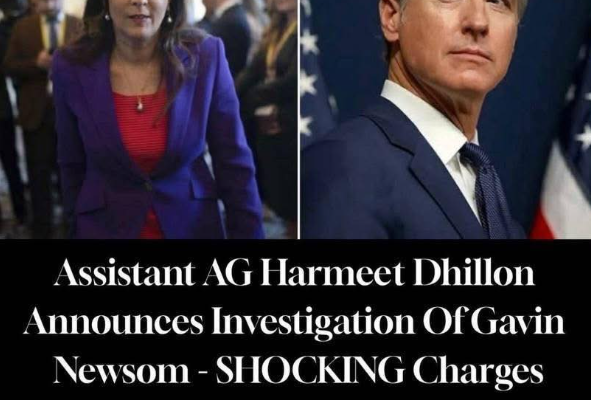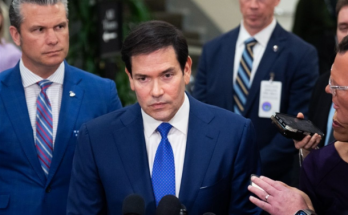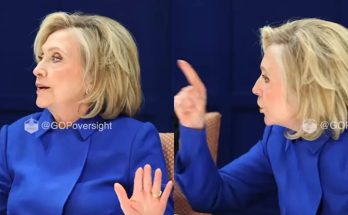A federal judge has struck down two California laws designed to curb the use of artificial intelligence in political advertising, ruling that the measures violated constitutional free speech protections and clashed with federal law.
The decision came Friday from Senior U.S. District Judge John Mendez, who was appointed under President George W. Bush. The ruling blocks the enforcement of Assembly Bill 2839, which banned AI-generated “deepfakes” or disinformation in campaign ads during the four months leading up to an election. The law had been challenged by satirical outlets and online creators, including The Babylon Bee, who argued it amounted to government censorship of political expression.
Judge Mendez acknowledged the dangers posed by AI manipulation, especially as elections grow more vulnerable to digitally altered content, but said California went too far in restricting speech.
“Deepfakes and artificially manipulated media arguably pose significant risks to electoral integrity,” Mendez wrote. “But the challenges launched by digital content on a global scale cannot be quashed through censorship or legislative fiat. Just as the government may not dictate the canon of comedy, California cannot preemptively sterilize political content.”
The ruling also struck down Assembly Bill 2655, which required social media platforms and other online services to take down AI-generated political disinformation. Mendez found the law conflicted with Section 230 of the federal Communications Decency Act, which shields platforms from being held liable for content uploaded by third parties. That challenge had been backed by major platforms such as X (formerly Twitter) and Rumble.
California Governor Gavin Newsom signed both measures into law in September 2024, saying at the time that AI could become a serious threat to voter trust. “It’s critical that we ensure AI is not deployed to undermine the public’s trust through disinformation — especially in today’s fraught political climate,” Newsom said when announcing the bills.
State officials had framed the laws as a first-in-the-nation attempt to get ahead of the problem before the 2026 election cycle. They argued that with today’s AI tools, it takes only minutes to create fake videos or audio clips that could mislead millions of voters. Examples include false footage of candidates taking bribes, fabricated recordings of election officials questioning voting machine security, or AI-generated robocalls imitating public leaders.
But with Friday’s decision, California’s attempt to regulate political uses of AI is on hold. Free speech advocates hailed the ruling as a victory against government overreach, while critics warned that the absence of guardrails could make the upcoming election season the most digitally manipulated in history.



